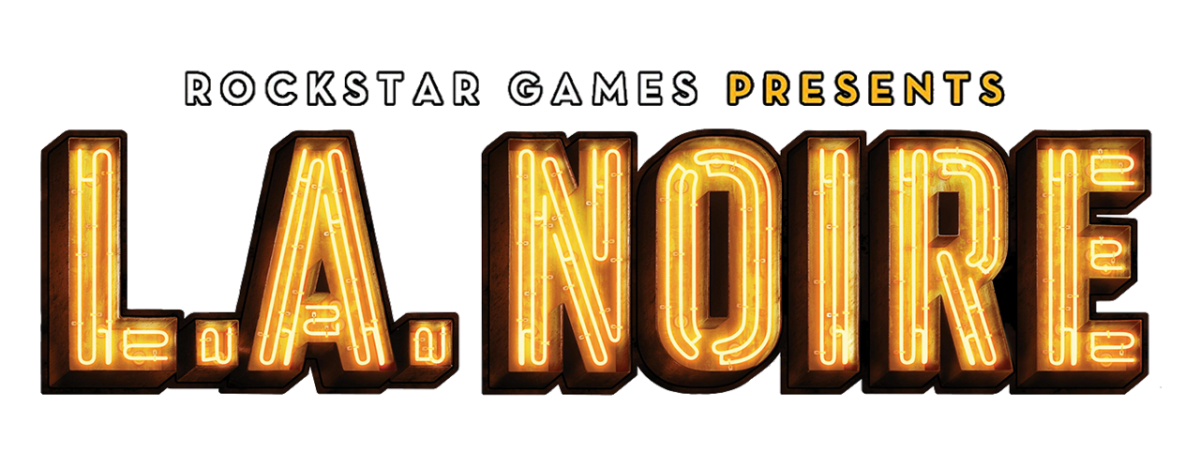Hollywood’s game plan: 3 video games begging for screen adaptations
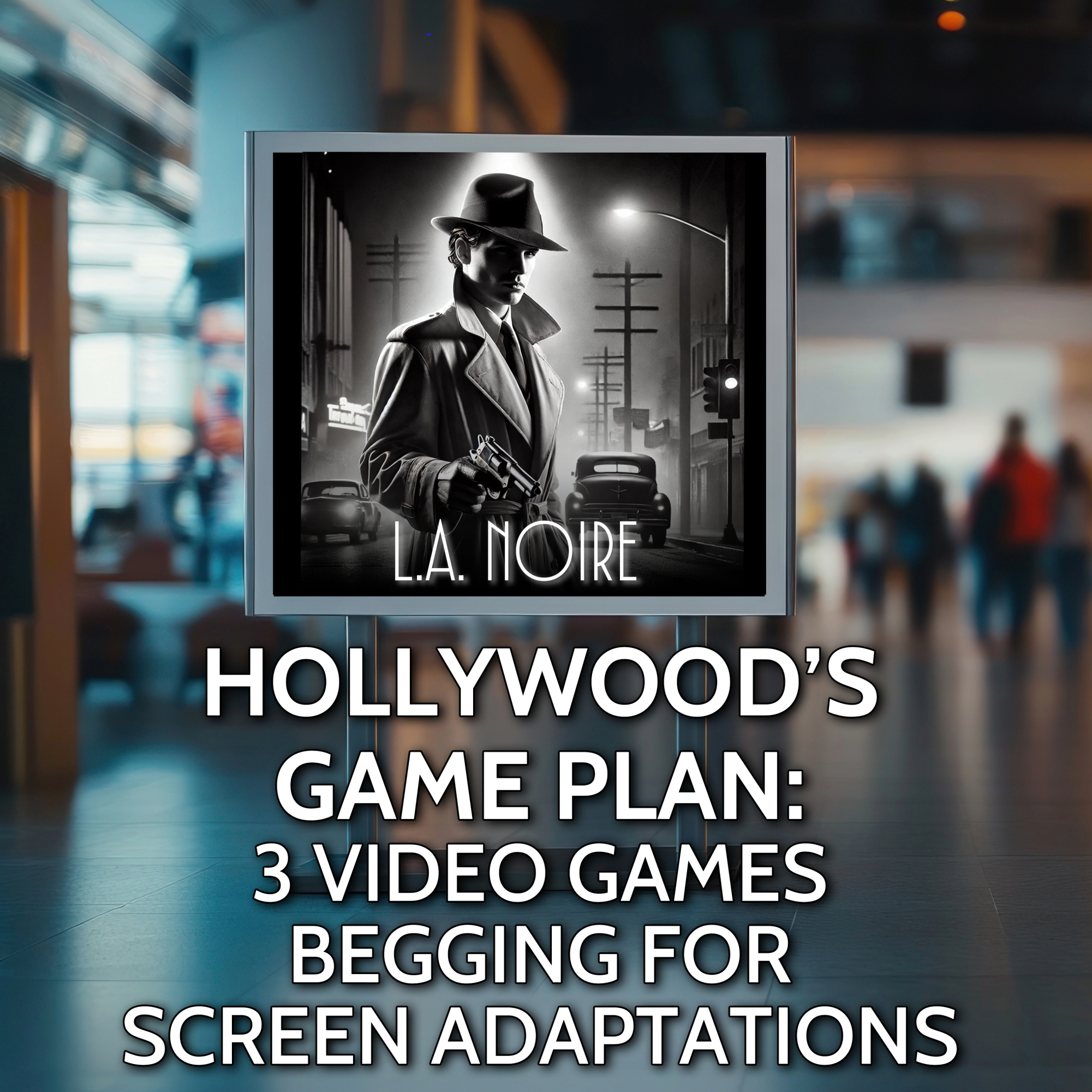
The clash between Hollywood and video games began in 1993 with the release of “Super Mario Bros.,” a box office disaster now immortalized on “Worst Movie of All-time” lists.
For years, video game adaptations struggled to level up, the victim of flimsy plots, awkward pacing and a lack of respect for the source material.
Sure, there were some successes in “Tomb Raider” and the “Resident Evil” franchise, but those relied more on selling sex appeal and explosive action than thoughtful storytelling.
Fast forward to today, and video game adaptations are having their moment. The floodgates have opened, and while some films still flop (“Assassin’s Creed,” anyone?), others are redefining the genre.
“Arcane” raised the bar, blending breathtaking animation with heartfelt storytelling to win four Emmys. HBO’s “The Last of Us” brought Pedro Pascal’s Joel and Bella Ramsey’s Ellie to life, becoming one of 2023’s best shows.
Even Nintendo redeemed itself with “The Super Mario Bros. Movie,” proving the Mushroom Kingdom could be colorful, fun and profitable.
Today, studios are approaching video games with care and caution, recognizing that if adaptations are done well, video game films can be reliable IP for years to come.
Sony’s Sonic perhaps illustrated that best when the studio went through the expense of completely overhauling the design of the blue hedgehog after the initial reaction to the character design was less than positive. Now, “Sonic 3” dropped on Dec. 20 and the franchise has earned earned over $900 million worldwide.
This renaissance begs the question: What’s next? If “League of Legends” can shine in Netflix’s “Arcane,” if “Fallout” found acclaim on Amazon, what other games are waiting in the wings?
Here are three titles that could redefine what video game adaptations can achieve.
Hideo Kojima’s “Metal Gear Solid” franchise is an obvious pick for adaptation. With narratives that are equal parts enticing and eccentric, the series offers cinematic storytelling, thought-provoking themes and over-the-top characters that make you laugh, think and occasionally question reality.
While the franchise spans five mainline games, all brimming with memorable moments, its core appeal lies in its ability to balance fun, tactical gameplay with deeply emotional and surprisingly philosophical narratives.
At its heart, “Metal Gear” is a pro-peace story set against the backdrop of war. From Snake’s stealth missions to dismantle nuclear threats to the personal betrayals and moral dilemmas faced by its characters, the series explores the human cost of conflict.
The franchise doesn’t just feature a single iconic protagonist; it introduces a rotating cast of “Snakes,” alongside unforgettable supporting characters like Revolver Ocelot, Otacon and Raiden. Seeing these figures brought to life on the big screen would be a thrill for fans and a revelation for newcomers.
The series is already movie-like in its structure. “Metal Gear Solid 4” boasts a record-breaking 71-minute cutscene, while “Metal Gear Solid 3’s” shocking story twists would hit harder in a packed theater than they ever did in a living room.
Kojima’s quirky genius—think stealth-based cardboard box disguises and bosses who break the fourth wall—offers a unique mix of intensity and silliness that Hollywood could finally put on display for a mainstream audience.
The Metal Gear franchise’s mix of high-octane action, richly layered characters and thought-provoking themes about peace and humanity is ripe for the red carpet.
With the right creative team—perhaps even Kojima himself at the helm—this adaptation could become a standout moment in the new era of gaming-inspired media.
Anyone here like cop dramas? Well, “L.A. Noire” is the game for you—and it’s also the perfect candidate for a serialized TV adaptation.
Rockstar Games’ foray into the noir detective genre immerses players in 1947 Los Angeles, a city drenched in crime, corruption and glamour.
Following war veteran-turned-detective Cole Phelps, the game unfolds as a series of cases ranging from arson to grisly murders, set against the backdrop of a city rebuilding after World War II.
This episodic format practically screams, “Turn me into a show!” lending itself to the “case-of-the-week” formula with overarching storylines delving into Phelps’ troubled past and the morally ambiguous world of post-war Los Angeles.
The groundbreaking facial animation technology that allowed players to read suspects’ emotions could easily translate to screen, lending each interrogation a nail-biting edge.
The show could balance action-packed sequences—gunfights, car chases and tense standoffs—preventing “too much talking”—with the psychological intrigue of solving complex cases.
Imagine a hybrid of “True Detective” and “Knives Out,” where shadowy alleys, smoky jazz clubs and dimly lit offices set the stage for gripping investigations. The themes of institutional corruption and moral compromise are as relevant today as they were in the 1940s, giving the show both timeless appeal and contemporary resonance.
A serialized “L.A. Noire” adaptation would draw viewers week after week, eager to see Cole Phelps unravel the city’s darkest secrets. With truth, lies and doubt woven into every interaction, it’s a cop drama ready to hit the small screen with a bang.
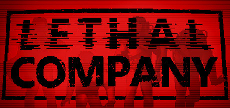
I know what you’re thinking. “Lethal Company”? Isn’t that just a game where you and your friends run around collecting scrap and screaming at monsters?”
And you’d be right—but that’s also what makes it such a brilliant candidate for adaptation.
While the game thrives on its chaotic multiplayer fun, the core concept—a group of scavengers exploring creepy, abandoned corporate buildings while evading horrifying creatures—has endless potential for both horror and comedy.
Picture “The Office” meets “Alien,” with just a touch of “Shaun of the Dead.” The real magic of “Lethal Company” lies in its ragtag group of characters. Watching a team of reluctant coworkers bumble their way through life-threatening situations would be endlessly entertaining. From narrowly escaping giant bugs to cracking jokes while hiding from terrifying monsters, the camaraderie and chaos could strike a perfect balance between laughter and suspense.
The game’s lack of narrative depth is actually its strength—it leaves room for creative storytelling.
A director like Jordan Peele could lean into the existential dread of working a dead-end job while being literally hunted. Alternatively, an animated series could embrace absurd humor, delivering scares and laughs in equal measure.
Whether it leans into the comedy, the horror or a mix of both, a “Lethal Company” adaptation would bring something new and exciting to the screen.
It’s the kind of show that could make you laugh, scream and think, “Wow, my job isn’t so bad after all.”
Not every video game adaptation can be an “Arcane,” but Hollywood has plenty of material waiting to be explored. Whether it’s the philosophical depth of “Metal Gear Solid,” the timeless intrigue of “L.A. Noire” or the chaotic fun of “Lethal Company,” these stories are begging to be told.
Hollywood, it’s your move.
If you value the Inkspot’s commitment to student journalism—giving Normal Community’s reporters real-world experience—please consider donating to support our staff’s trip to the National High School Journalism Convention.
Your generosity helps us cover travel costs, enter national contests and attend sessions led by top media professionals—an unforgettable opportunity to learn, grow, and represent Community on a national stage.
THANK YOU for investing in the next generation of storytellers.


![Community honors longtime coach Mr. Bryan Thomas before Oct. 3 game [photo gallery]](https://nchsinkspot.com/wp-content/uploads/2025/10/Thomas-6-1200x1200.jpg)

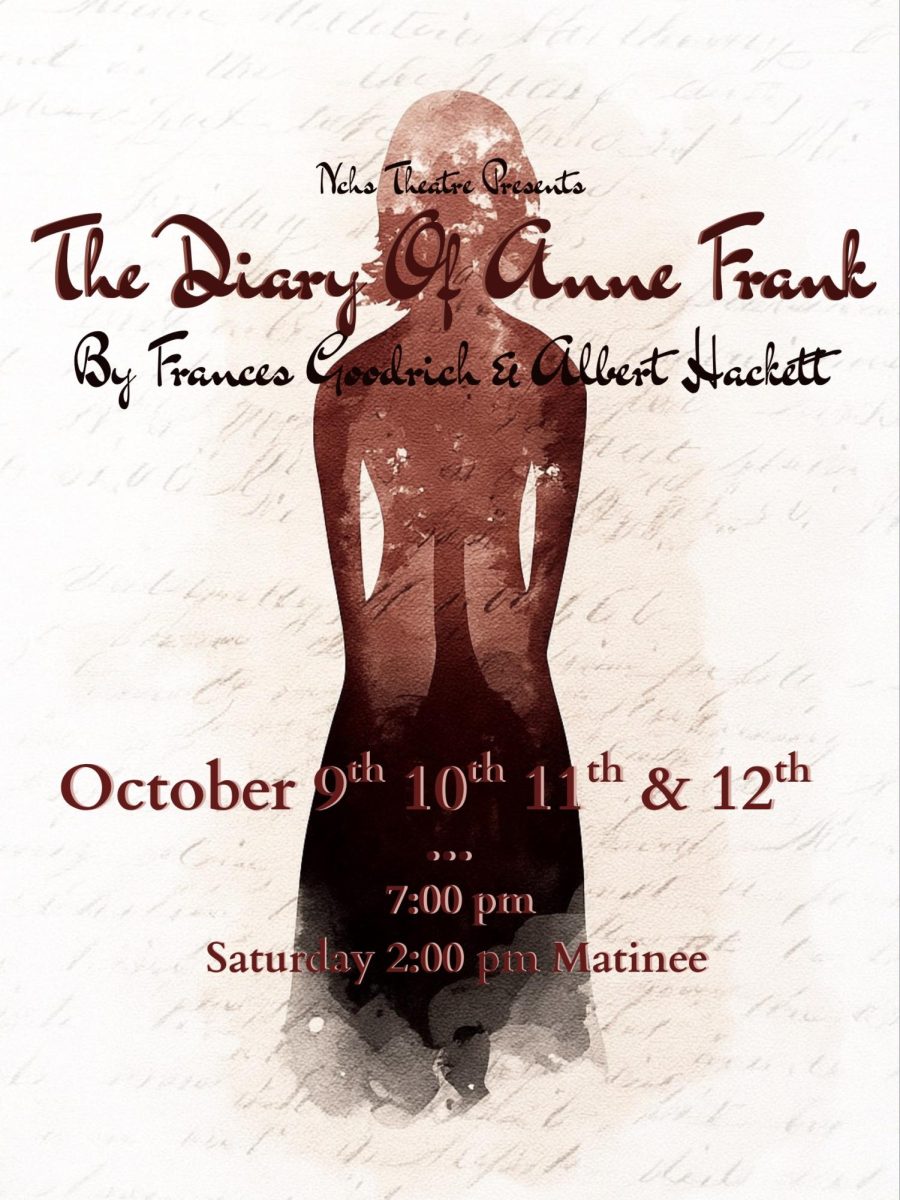
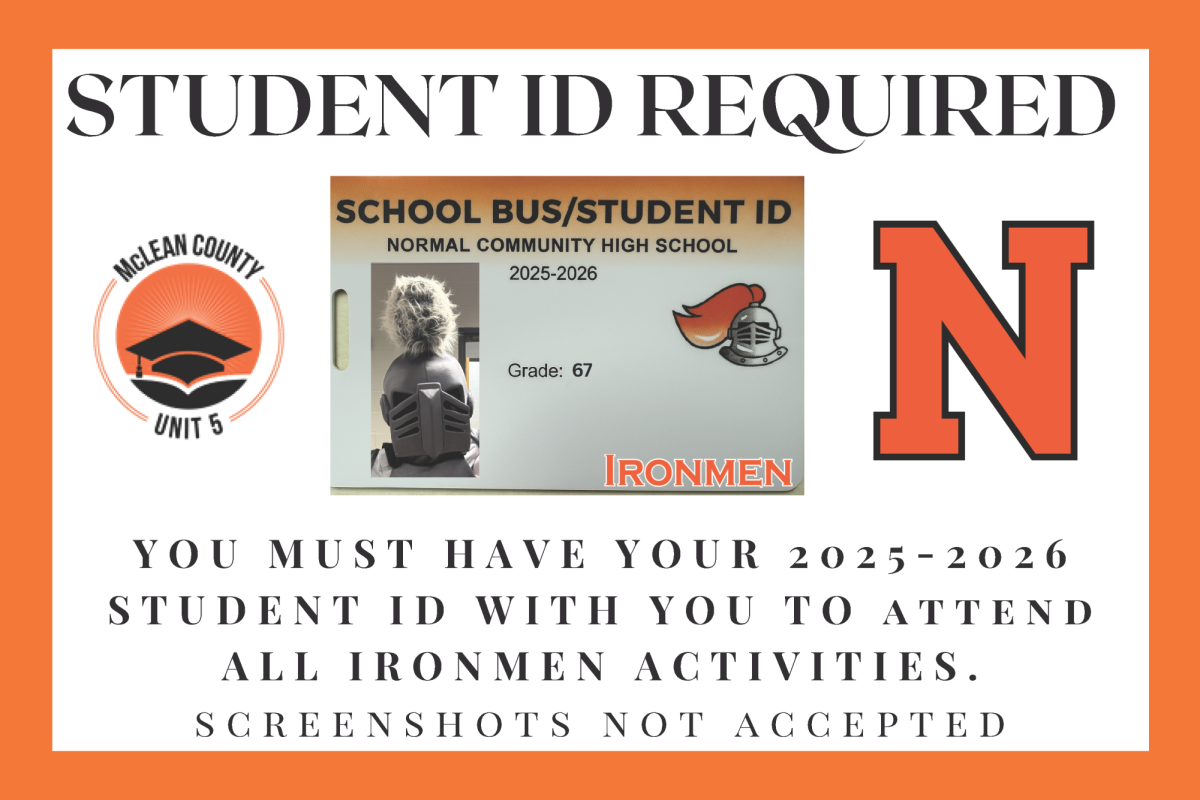
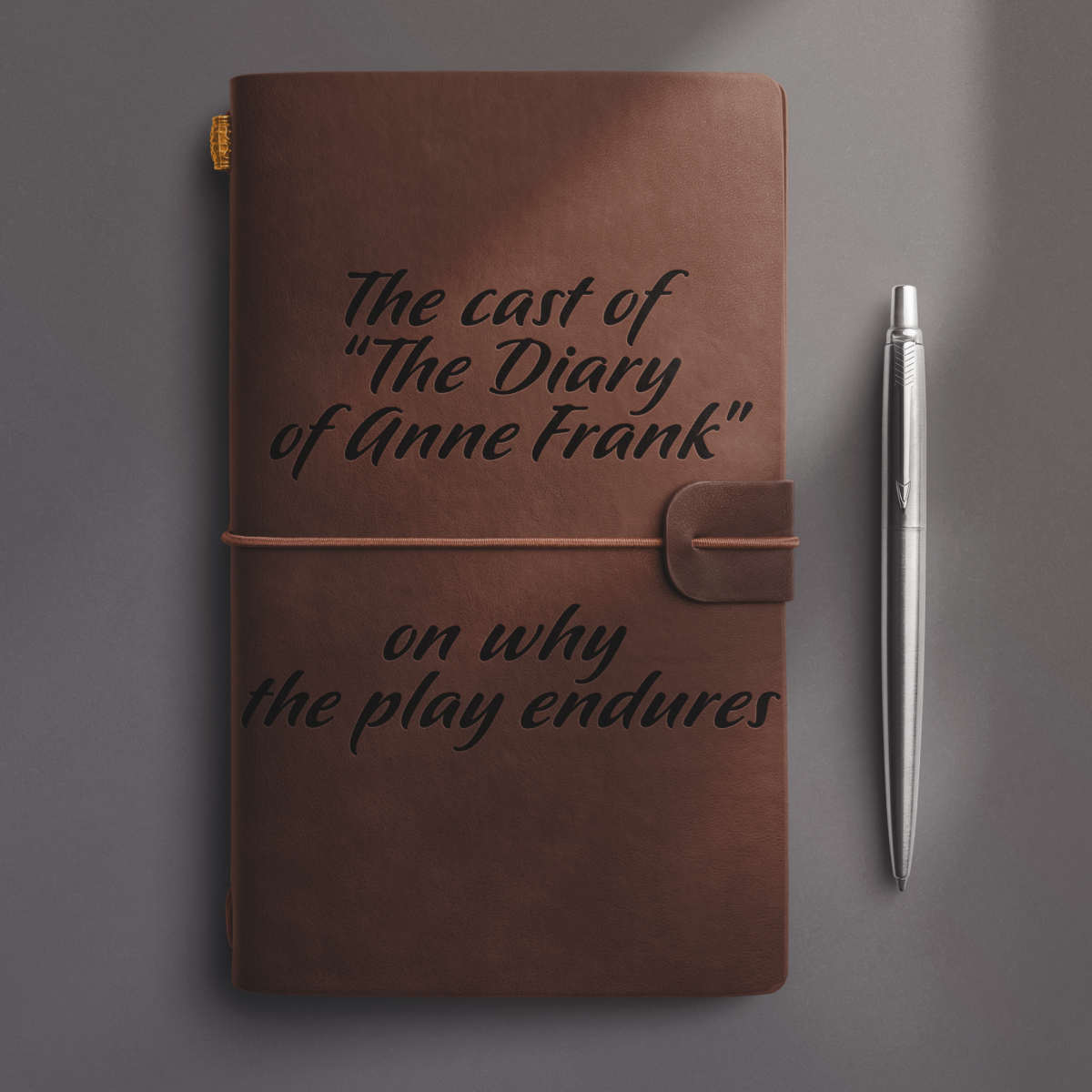



















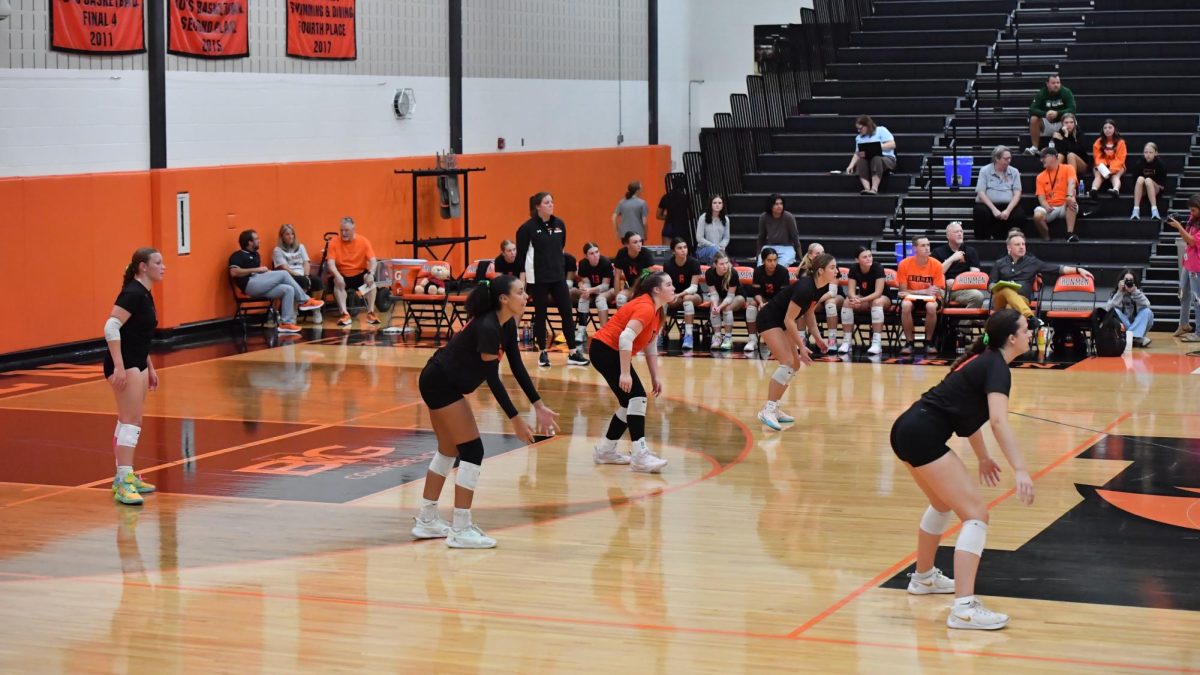
![Postgame: Drengwitz on Community’s 56-6 win over Champaign Centennial; staying unbeaten in Big 12 [video]](https://nchsinkspot.com/wp-content/uploads/2025/10/10.17_FBwChampCent56-6_POST_thumb.png)
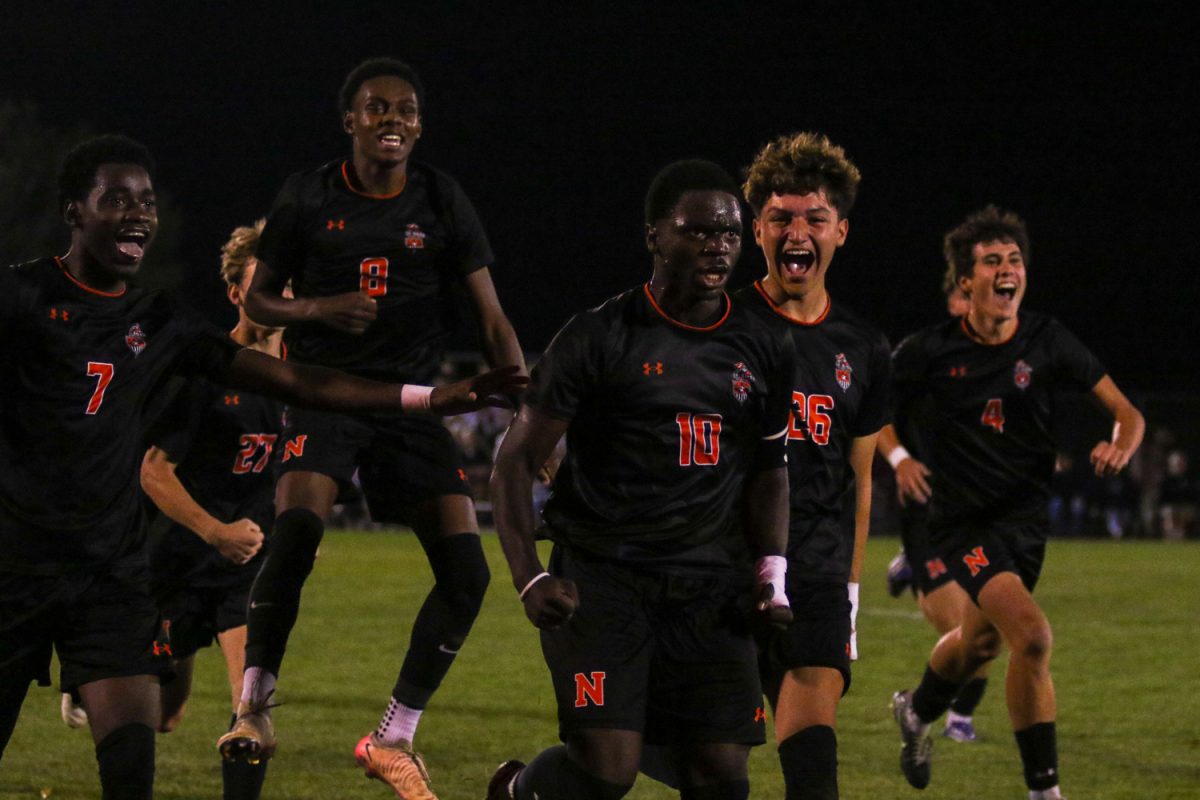
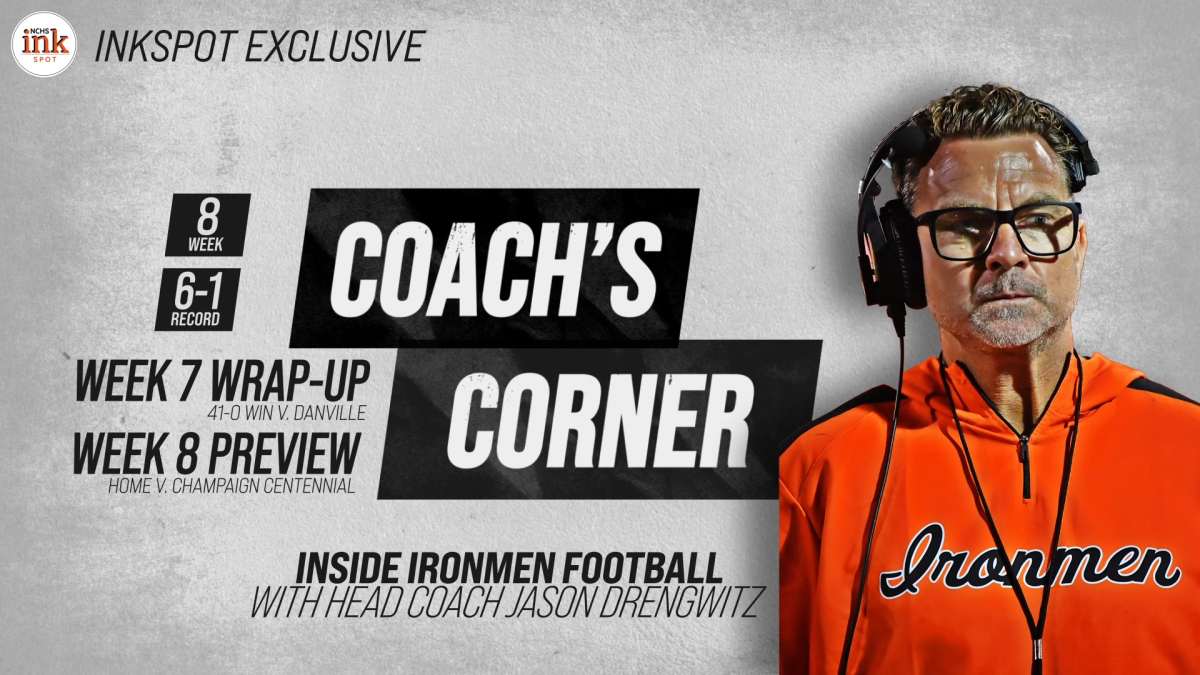








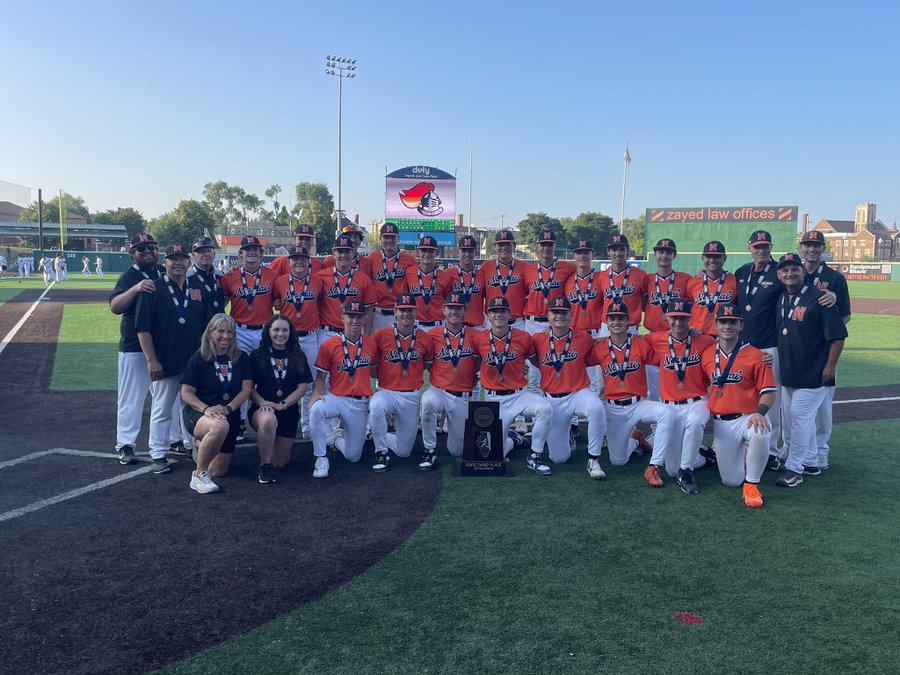








![Halloween candy cross section quiz [quiz]](https://nchsinkspot.com/wp-content/uploads/2022/10/Candy-cover-big-900x675.png)
![Average Jonah? [quiz]](https://nchsinkspot.com/wp-content/uploads/2022/05/average-jonah-900x600.png)






















![Week 7: Coach Drengwitz recaps the Ironmen’s win over Bloomington, talks Danville [video]](https://nchsinkspot.com/wp-content/uploads/2025/10/Vikings-feature-Image-1200x675.png)
![Week 5: Coach Drengwitz previews the Ironmen’s matchup vs. Peoria Manual, recaps Week 4 [video]](https://nchsinkspot.com/wp-content/uploads/2025/09/Week-5-v-Rams-1200x675.png)
![Postgame reaction: Coach Drengwitz on Community’s 28-17 Loss to Kankakee [video]](https://nchsinkspot.com/wp-content/uploads/2025/09/Week-4-postgame--1200x675.png)
![On the Spot: This or That – Halloween [video]](https://nchsinkspot.com/wp-content/uploads/2024/10/tot-Halloween-YT-1200x675.png)
![On the Spot: This or That – Fall favorites [video]](https://nchsinkspot.com/wp-content/uploads/2024/10/ots-fall-web-1200x800.png)
![On the Spot – Teachers tested on 2023’s hottest words [video]](https://nchsinkspot.com/wp-content/uploads/2024/01/On-the-Spot-Teachers-tested-1200x675.png)









